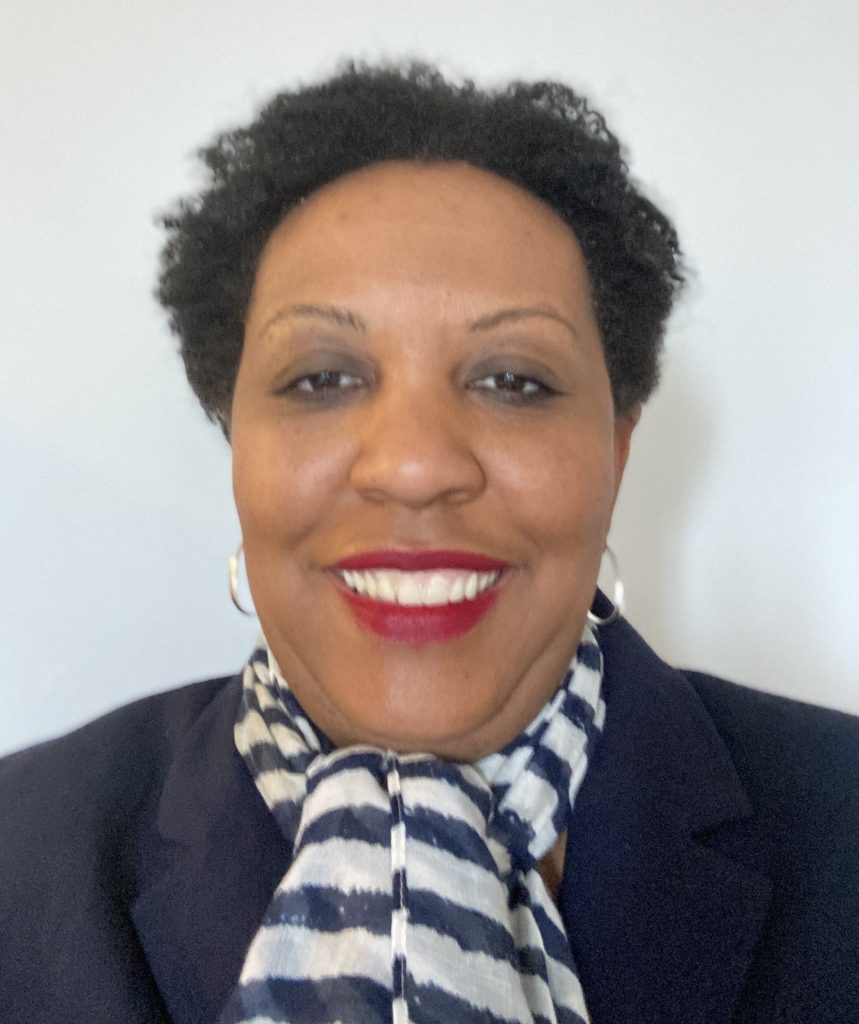Catching up with Iris White '94: Collaboration, conflict management, and caring
April 19, 2021 · 2021
As a teenager, Iris White ’94 was originally drawn to special education by her desire to help children overcome adverse circumstances and succeed in school and life. Years later, a wise mentor distilled White’s passion into four words: “Iris cares about people.” Through the decades, that passion keeps burning bright for the education consultant in the Turnaround Office of the Connecticut State Department of Education.
We recently caught up with White.
Please describe what you do in a typical day.
I work in the Connecticut State Department of Education (CSDE) Turnaround Office, which supports designated low-performing schools and districts. Our office’s mission is centered on the belief that if you provide support and technical assistance aligned to the CSDE Turnaround Framework and centered on talent, academics, culture, climate, and operations, then districts and schools will create systems to improve student outcomes.
I have a portfolio of schools and districts that I support.
On a typical day, I may conduct walkthroughs with school leadership team members and provide feedback.
On other days, I might meet with colleagues to review district and/or school data in order to plan technical assistance and support, or I might facilitate meetings to analyze and monitor district and/or schools’ progress in implementing priorities relative to their areas for improvement.
Ultimately I’m working to improve outcomes for all students in Connecticut in partnership with families, districts, and community partners.
How did you find your career path?
I originally wanted to be a news broadcaster.
When I was in the 10th grade, my mother asked me to read a story in Readers Digest about a special education teacher who was able to reach a young girl who had been horrifically abused and neglected. My parents viewed teaching as the most honorable profession in the world. My mother thought by reading this story I would be inspired to become a teacher, and she was right!
During my career as a special education teacher at Thomas O’Brien Academy of Science and Technology (TOAST; Albany, New York), I was approached by the local union to become a union representative. I come from a union family and union work always intrigued me, so I accepted.
This led to me seven years later applying for a new position at the American Federation of Teachers (AFT) Connecticut, focused on professional development. George Springer, who was president, advocated for my hiring by convincing the members that I could understand the complexities of union work despite my youth (I was 28 at the time).
He wanted to hire me because, in his words, “Iris cares about people.”
George was a great mentor to me. He was a strong trade unionist, but he was a very conciliatory figure who could disagree with grace and humor and work with people whose opinions he opposed.
Soon after I started work at AFT Connecticut, No Child Left Behind was signed into law, which meant new requirements for paraprofessionals. Most of my work then focused on providing professional development and information sessions to help paraprofessionals meet these new standards.
Soon after, a position was created at the CSDE dedicated to paraprofessional professional development. I was hired for that position in 2008. My responsibilities at CSDE evolved over time, to a primary focus on school and district improvement.
How has your Saint Rose experience helped you in your career and personal life?
During my freshman through junior years, I had a work-study job in the Office of Academic Services under then-director Janice Hindes. Working in that office taught me organizational, time management, and customer-service skills that I still use to this day.
I also worked with Timothy Sams, who was then coordinator of minority services, and accompanied him to student leadership conferences in Washington, D.C., and Chicago. While participating in these conferences, I had the opportunity to practice my public- speaking and conflict-management skills and strengthen my ability to lead large group projects.
Please share any fond memories you might have of being at Saint Rose, or of your interactions with the Saint Rose community.
My fondest memories were of the friends I made while at Saint Rose, many of whom I connect regularly with on Facebook. Throughout my teaching career in Albany, I worked with many Saint Rose alumni who graduated from the bachelor’s or master’s programs. Saint Rose continues to leave quite a legacy in the education community there.
One of my fondest memories of my time at Saint Rose was my student-teaching experience at Hackett Middle School. I had two phenomenal cooperating teachers, Karen Weber and Deborah Sharpe, who embraced me and not only strengthened my teaching skills but also taught me the importance of advocating for the students and families I work with.
It was the perfect placement in terms of my personal and professional growth and showed the thoughtful approach Saint Rose took to matching students and cooperating teachers.
What are a few important lessons you’ve learned over your career?
The importance and power of relationships. I believe it goes back to what George said when he hired me: “Iris cares about people.”
If people know you care about them, they will work with you and trust what you’re telling them.
Along with the importance of relationships, collaboration with colleagues has been another valuable lesson. The greatest accolades I’ve received in my career have been praise for my ability to work collaboratively with others. More importantly, I’ve been able to see the power of teamwork and how it has driven improved student outcomes for some of our most challenged schools and districts.
By Irene Kim


